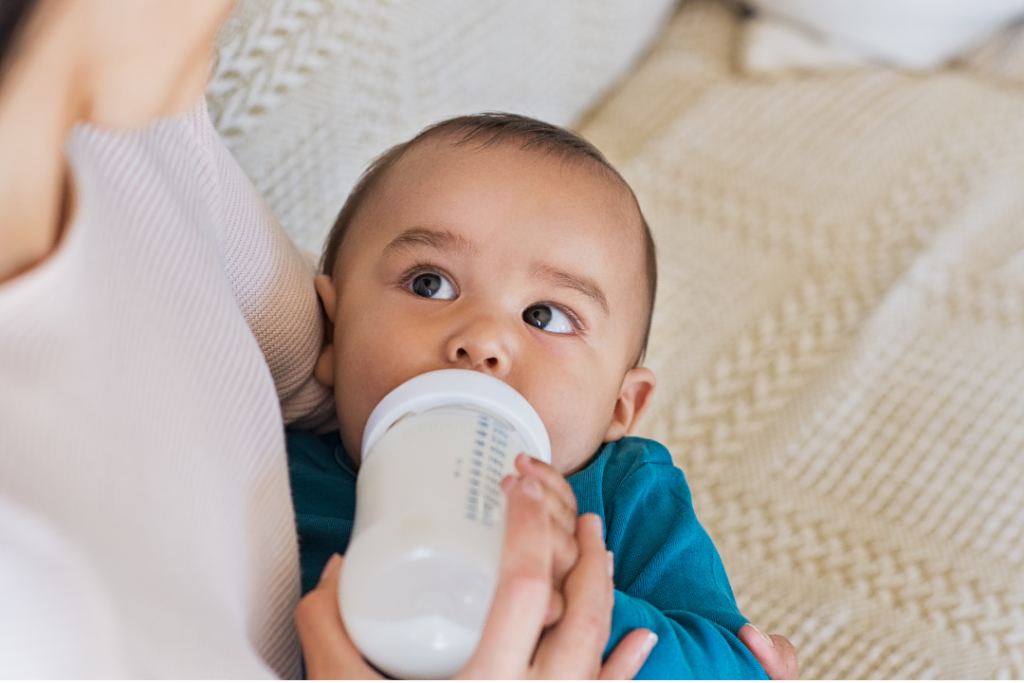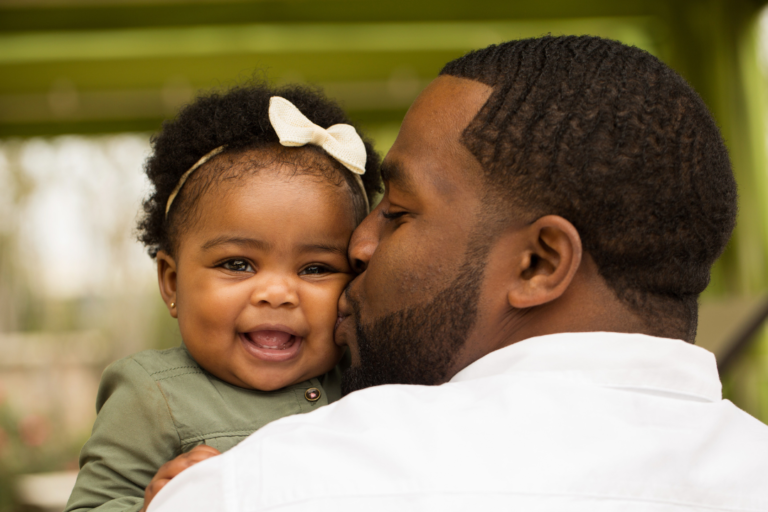Can a baby develop lactose intolerance? As an OT specialising in fussy babies with sleep and feeding problems, this question comes up a lot. Lactose intolerance is a common condition that affects people of all ages, including infants. If you suspect that your baby has developed lactose intolerance, read on to find out what to do to help manage the condition.
What is lactose intolerance in babies?
Lactose is a sugar found in milk and other dairy products. Lactose intolerance occurs when the body is unable to digest lactose because the body doesn’t produce enough lactase. Lactase is the enzyme needed to break down lactose. As a result, the lactose can’t be properly absorbed into the bloodstream and can cause symptoms such as bloating, gas, and diarrhea.
While lactose intolerance is most common in adults, it can also affect infants. In fact, some babies are born with lactose intolerance, although this is rare. More commonly, lactose intolerance in infants is caused by a temporary lactase deficiency. This can occur after a baby has a bout of diarrhea or a stomach virus.
Can newborns develop lactose intolerance?
It’s unusual but newborns can develop lactose intolerance. This is the case when babies are born with congenital lactose intolerance. This means that they have a genetic mutation that affects the production of lactase. This type of lactose intolerance is very rare and affects only a small percentage of newborns.
It’s more common that newborn experience temporary lactose intolerance. For example, if a newborn experiences a bout of diarrhea or a stomach virus, this can damage the cells in the small intestine that produce lactase. This temporary lactase deficiency can cause lactose intolerance, but it typically resolves within a few weeks as the cells in the small intestine regenerate.
Symptoms of lactose intolerance in babies
The symptoms of lactose intolerance in babies can vary, but common signs include diarrhea, bloating, gas, and abdominal pain. A lactose-intolerant baby may also experience nausea, vomiting, or fussiness after consuming milk or dairy products. These symptoms can occur within minutes to hours after consuming lactose-containing foods. In severe cases, a lactose-intolerant baby may not gain weight or grow at the expected rate.
In most cases, lactose intolerance in infants is temporary and will go away on its own as the baby’s digestive system matures. However, if you suspect that your baby may be lactose intolerant, it is important to speak with your pediatrician. They can help diagnose the condition and recommend an appropriate treatment plan.
How is lactose intolerance diagnosed in babies?
Lactose intolerance in babies can be diagnosed through a combination of physical examination, medical history review, and testing. The most common test is a lactose tolerance test. This is when the baby is given a lactose-rich drink and the levels of glucose in their blood are measured over time. If the baby has lactose intolerance, their blood glucose levels will not rise as expected. Another test is a stool acidity test, where the acidity of the baby’s stool is measured after they consume lactose. A high level of acidity in the stool can indicate lactose intolerance. In some cases, genetic testing may also be used to confirm a diagnosis of congenital lactose intolerance.
When to see a doctor for lactose intolerance in your baby?
If you suspect that your baby is lactose intolerant, it’s important to talk to your pediatrician. They can help you determine whether or not your baby is truly lactose intolerant or if there may be another underlying issue causing their symptoms.
Some signs that your baby may be lactose intolerant include fussiness, gassiness, bloating, diarrhea, and vomiting after consuming dairy products. However, these symptoms can also be caused by other issues, such as a milk allergy or a digestive issue, so it’s important to have your baby evaluated by a healthcare professional to get an accurate diagnosis.
If your baby is diagnosed with lactose intolerance, your doctor can provide guidance on how to manage their symptoms and ensure that they are still getting the nutrients they need to grow and develop optimaly.
Treating Lactose Intolerance in Babies: Diet Changes and Supplements
If your pediatrician diagnoses your baby with lactose intolerance they will recommend a treatment plan that includes the following steps to manage the condition such as:
Breastfeeding: If you are breastfeeding your baby, you may need to make changes to your own diet to help manage their lactose intolerance. This may include avoiding dairy products or reducing your intake of lactose-containing foods.
Switching to lactose-free formula: If your baby is formula-fed, you may need to switch to a lactose-free formula. There are several types of formula available that are designed for babies with lactose intolerance. These can include soy-based formulas and formulas made with hydrolyzed proteins.
Using lactase drops: Your pediatrician may recommend adding lactase drops to your baby’s milk or formula to help them digest lactose more effectively.
Monitoring your baby’s diet: As your baby grows and their digestive system matures, they may be able to tolerate lactose-containing foods in small amounts. Monitor your baby’s diet and seek out advice and recommendations for trying new foods and introducing allergens.
If your baby is ready to start solids, get a copy of the best-selling Weaning Sense book where my co-author, Kath Megaw, and I take you through a step-by-step guide to successfully start solids and avoid allergies.
It can be worrying but lactose intolerance can be managed with proper care and treatment. If you suspect that your baby may be lactose intolerant, contact your pediatrician. With the right support, most babies with lactose intolerance are able to thrive and grow normally.
For expert advice about caring for your baby where and when you need it, download my app. Parent Sense is the all-in-one baby app to help you navigate the first year of parenting.




